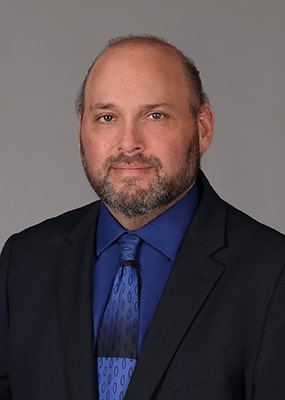
Mandatory Reserves for Condominiums and Cooperatives Three (3) Stories Or Higher Becomes Law
As written about extensively, last year Governor DeSantis signed legislation into law that requires condominiums and cooperatives, three (3) stories or higher: (i) to conduct milestone inspections, (ii) conduct a structural integrity reserve study, and (iii) based upon those studies, to implement and collect mandatory reserves from each unit owner. These requirements become effective December 31, 2024.
The well-intended purpose of this legislation is to prevent another Surfside tragedy by forcing condominiums and cooperatives to collect reserves to address structural issues over time as opposed to waiving reserves and delaying the need for collection of funds to address repair problems in a timely manner. While Florida’s Condominium and Cooperative Acts always required the Board of Directors to calculate reserves, members were allowed by majority vote to waive or reduce reserves which resulted in many associations not having the funds to address expensive and necessary repairs when required.
As new legislation, there are some glitches that have caused confusion for those condominiums and cooperatives that are less than three stories. Whereas the law is clear that effective December 31, 2024, condominiums, and cooperatives that are three (3) stories or higher must conduct inspections, obtain reserve studies, and implement and collect mandatory structural reserves, questions have arisen if the mandatory structural reserve requirements are applicable to condominiums and cooperatives that are less than three (3) stories, or if said reserves may be waived or reduced by its members.
Attorneys are somewhat divided on this issue. Whereas some attorneys view the mandatory reserve requirement to only be applicable to condominiums and cooperatives that are three stories or higher; other attorneys believe that collection of mandatory reserves is required of all condominiums and cooperatives associations, irrespective of height. The latter position is shared by the Department of Business and Professional Regulation, Division of Florida Condominiums, Timeshares and Mobile Homes, which regulates condominiums and cooperatives. When asked about two (2) story condominiums, the Division took the position that the height of a condominium has no bearing on the requirement of collecting reserves or on its ability to waive reserves.
Until such time as the legislature or courts address this issue, there will be confusion and doubt on the applicability of the mandatory reserve requirement for condominiums and cooperatives that are less than three (3) stories. In the meantime, we recommend associations should, irrespective of the height of their buildings, take the time needed to inspect structural and repairs issues as the safety of all residents is paramount irrespective of the law.
Last, the above statutory inspection and reserve requirements are not applicable to homeowner associations. As it pertains to the funding of reserves, generally homeowner associations are not required to have reserves unless the members of the community have voted to create reserve accounts.
You should consult with experienced condominium counsel in addressing inspection and mandatory reserve requirements.

Len Wilder is board certified by the Florida Bar in both real estate law and planned development and community association law, Mr. Wilder is an AV rated attorney who has been recognized as one of Florida Trend’s Legal Elite in 2015 and 2020. Learn more including how you can work with him here.
When you subscribe to the blog, we will send you an e-mail when there are new updates on the site so you wouldn't miss them.

Sachs Sax Caplan, P.L. is proud to be recognized by The Florida Bar for our commitment to hiring and developing Board Certified Attorneys.

